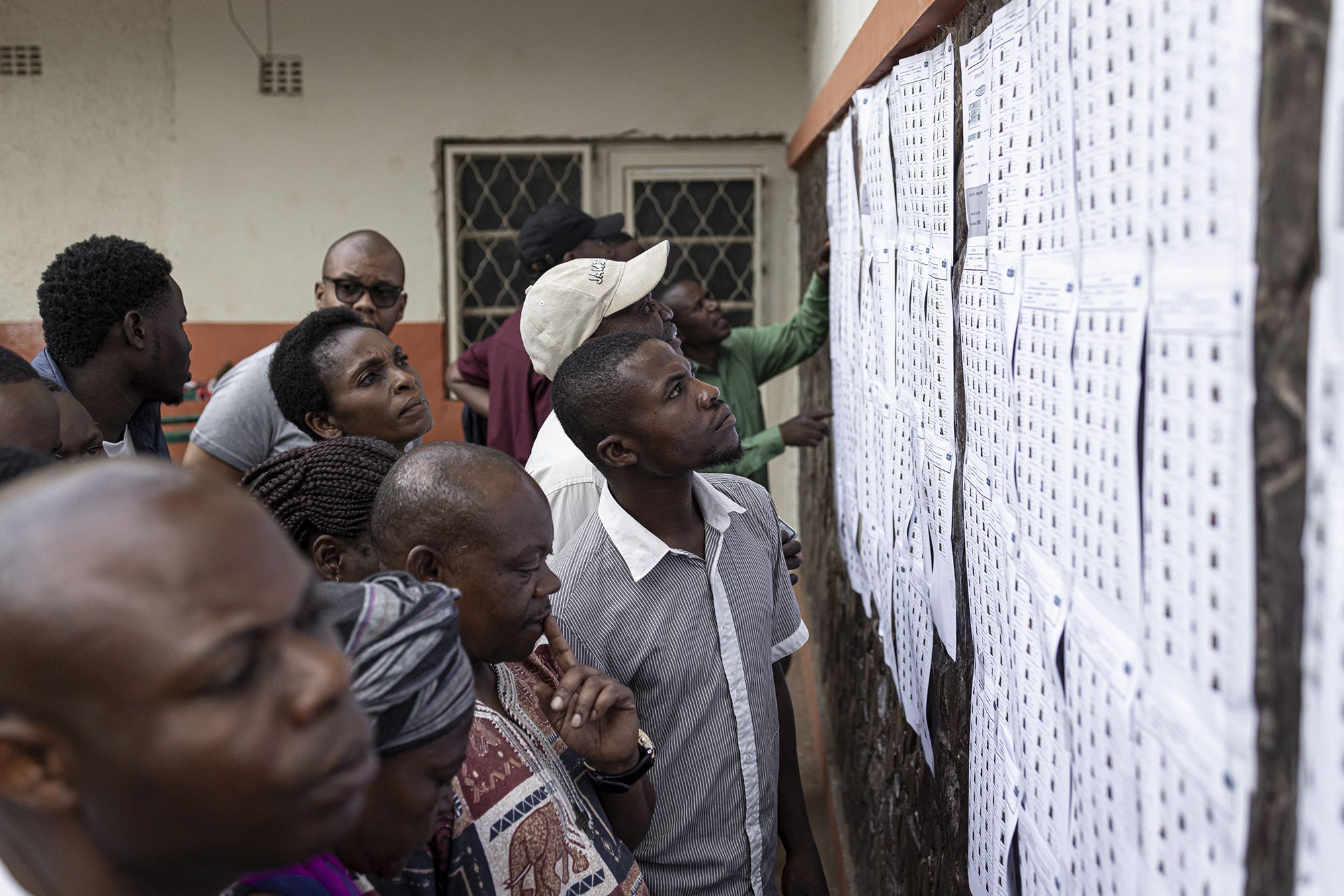
The Democratic Republic of Congo was gripped by a tumultuous presidential and legislative election on Wednesday, marred by delays, allegations of fraud, violence, and logistical setbacks, potentially disenfranchising a significant portion of the populace.
The elections, crucial for determining the legitimacy of the incoming administration, were shadowed by disruptions across the country. These events have historically ignited violent protests, posing substantial risks with widespread ramifications. The nation stands as the world’s third-largest copper producer and the primary global supplier of cobalt, a critical component for the burgeoning green energy transition.
CENI, the election commission, acknowledged delays in the opening of several polling stations nationwide during a mid-poll update. Patricia Nseya, a spokesperson, assured that all polls would adhere to the mandated 11-hour duration despite these setbacks.
Independent observers from religious and civil society groups reported widespread issues such as delayed or non-functional electronic voting systems, violent incidents, and the failure of numerous voting centers to commence operations as scheduled.
Presidential candidate Martin Fayulu, who finished as the runner-up in the contentious 2018 presidential race, decried the situation as “total chaos.” He vehemently warned against accepting the elections if the entire populace couldn’t participate as designated by the CENI.
President Felix Tshisekedi vied for a second term against 18 opposition contenders in a bid to govern the mineral-rich yet poverty-stricken nation.
Opposition candidates rallied voters with promises of stability, peace, and economic development, contrasting the perceived lack thereof during Tshisekedi’s initial term.
Concerns escalated at polling stations nationwide. Nobel Peace Laureate Denis Mukwege expressed worry about the unfolding election day, previously labeling it as the potential site of the “electoral fraud of the century.”
Millionaire businessman Moise Katumbi, another strong contender, urged his supporters to vigilantly monitor result disclosures at each polling station, emphasizing the importance of transparency in the electoral process.
Reports emerged from various regions detailing challenges, including delayed openings, voter list discrepancies, and instances of violence. Instances in Goma, Beni, and Bunia highlighted logistical hurdles, voter confusion, and security incidents.
The credibility of the electoral process faced scrutiny for months, with independent observers and critics flagging irregularities that imperil the legitimacy of the eventual outcome.
Approximately 44 million registered Congolese voters were expected to participate, including regional ballots. The authorities’ last-minute efforts to secure additional helicopters raised doubts about the commission’s capacity to facilitate voting in remote or insecure regions.
Amid these challenges, the CENI indicated its inability to conduct voting in certain conflict-ridden territories due to security threats, further raising concerns about inclusivity.
The Catholic Church’s observer mission, CENCO, cautioned against extending the voting period, emphasizing its potential adverse impact on result credibility.
The opposition, alongside religious and civil society observers, voiced apprehensions about transparency, citing issues with voter lists and identification cards. However, the election commission consistently rebuffed allegations of fraud.
The presidential election, requiring a simple majority, was slated for a single round. The final stretch before the vote witnessed heightened tensions, with incidents of election-related violence, including the tragic deaths of two parliamentary candidates.
As the polls drew to a close at 1600 GMT, many voters expressed frustration and uncertainty, grappling with challenges navigating the altered voter lists, risking potential disenfranchisement.
Amid the chaos and widespread concerns, full provisional results were anticipated by December 31, leaving the nation and international observers on edge about the outcome’s legitimacy and the aftermath of these contentious elections.
